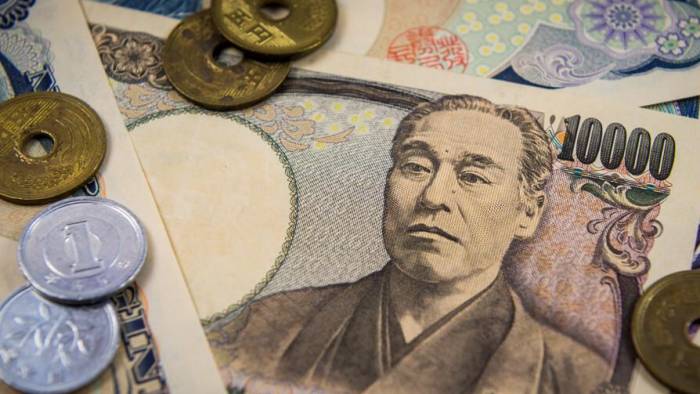Yen Plunge, Foreign Workers Flee, Japan's Stock Market Down 30%+ Amid US Harvest
Facing the United States' decision to raise interest rates once again, the Bank of Japan has chosen not to follow suit with another rate hike. The widening interest rate differential between the U.S. and Japan will likely lead investors to massively sell off Japanese government bonds and the yen, thereby further encouraging the depreciation of the Japanese currency.
Many ordinary Japanese people may not yet realize the impact of currency devaluation, thinking that since they neither travel abroad nor engage in overseas shopping, they are unaffected. However, this is not the case.
01
With the depreciation of the yen, many foreign workers are unwilling to continue working in Japan and are planning to leave.
Japan has long faced a serious aging problem, and to address this, the country has brought in a significant number of foreign workers to solve its labor force issues.
Previously, wages were a considerable advantage, but now, when calculated in U.S. dollars, Japanese salaries have decreased by about 40% since 2012, narrowing the gap with other emerging markets in Asia. Especially in labor-intensive industries, the trend of foreign workers leaving has begun to sprout.
Advertisement
Currently, there are approximately 1.7 million foreign workers in Japan, and if these individuals were to leave, it would be far from good news for the country, leading to an even more severe labor shortage in Japan.
02
It's not just foreign workers; even Japanese citizens are starting to feel that working abroad might be a better option.
When comparing Japan's minimum hourly wage with that of other developed countries, we can see that the U.S. state of California, the United Kingdom, Germany, Australia, and other nations all have significantly higher wages than Japan.Japan's minimum hourly wage is 961 yen, while California in the United States has reached 2220 yen, making it more than double that of Japan.
Moreover, according to the latest regulations in California, the minimum hourly wage will be increased by 3200 yen next year, which is already more than three times the current level in Japan.
A university graduate from Japan, even if fortunate enough to work at a major bank, would only earn about 2000 yen per hour. If they were to move to California and earn the minimum wage, it would be 50% higher than what they would earn at a major bank in Japan.
Of course, Japanese officials still stubbornly believe that the current situation is not a big problem and have even seen some bright spots.
For example, so far this year, Japan's stock market has only fallen by 6%, compared to a 20-30% drop in the United States, which is almost equivalent to no decline at all.
However, this is an illusion caused by Japan's loose monetary policy.
The Bank of Japan continuously injects liquidity, hoping to channel funds into the economy to stimulate economic growth, but the Japanese have invested their money into the stock market, with a huge amount of capital supporting the stock market from a significant drop.
But for foreign institutions holding investments, investing in the Japanese stock market has been a significant loss. The stock market itself fell by 6%, and after selling Japanese stocks and converting them into US dollars, the loss exceeded 30%. It can be said that, in terms of US dollars, Japan's stock market losses this year are among the highest globally.
Moreover, as the US dollar continues to strengthen, Japan's debt crisis is growing larger. Japan's debt balance has exceeded twice its GDP.Japan's foreign debt, much of which is denominated in US dollars, requires repayment in dollars with interest. As the Japanese yen depreciates, this burden naturally continues to increase.

Japan is caught in a dilemma, but no matter what it does, there is a high likelihood of being harvested by the US dollar once again.
Leave A Comment